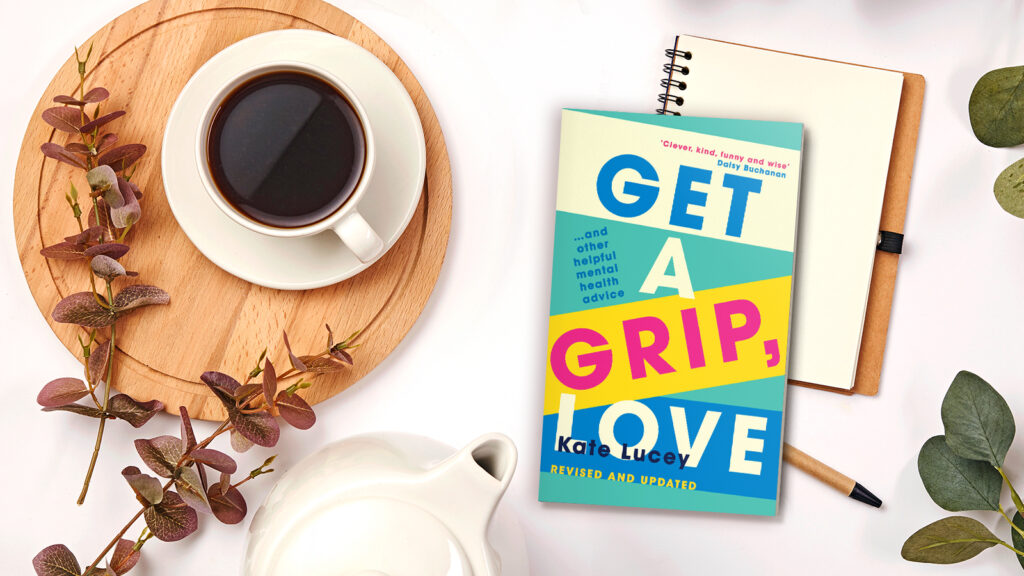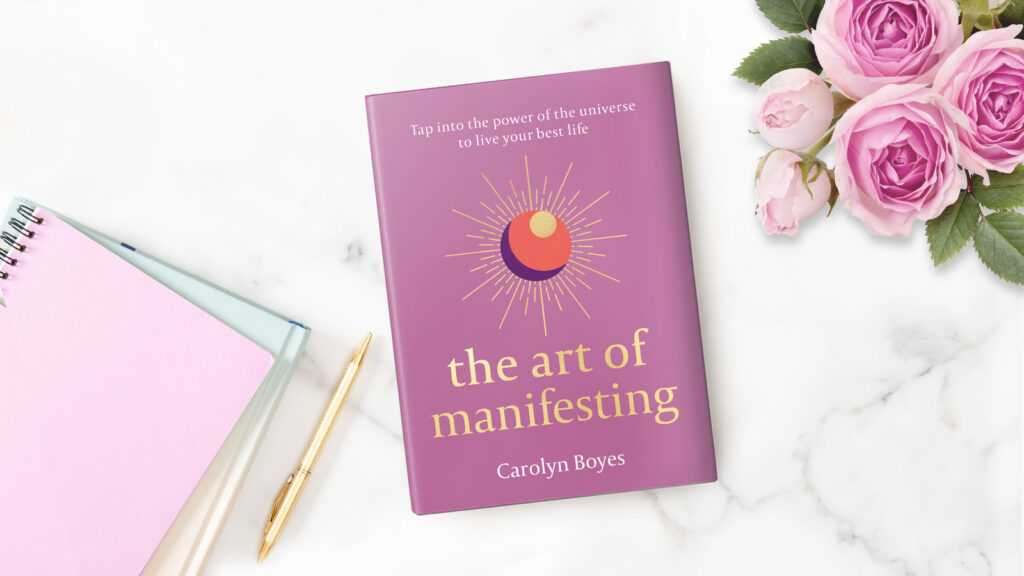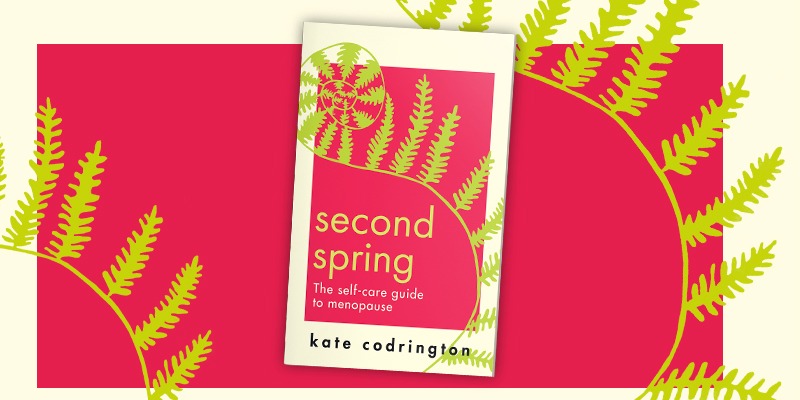Life is busy, and there’s not necessarily anything wrong with this. Creating, building, growing, exploring – these are the elements of a full and satisfying existence. A life void of activity and productivity would, for most of us, feel empty.
However, another vital aspect to being human is that we need time to reset, restore and renew ourselves. Our bodies, our brains and even the more subtle aspects of our being, need time out. A life without adequate pauses will soon start to feel overwhelming, physically and emotionally. Even if we are seemingly living out our dreams, undertaking work we enjoy and spending time with people we love and respect, if we are not at the same time taking adequate rest – if there is not enough stopping – we won’t enjoy the fruits of our labour.
Worse, we might come to identify ourselves by our achievements and connections, and forget that at the depths of our being is someone – something perhaps – that is beyond definition, and beyond improvement.
Precious space
Today, there are not only perhaps greater expectations for what we should achieve with our lives but also, we are robbing even the briefest of empty moments of the precious space – the necessary pauses – they offer us. We are constantly reaching for stimulus and packing our downtime with structured, objective-ridden activities that, on the surface although might appear relaxing, could in fact be draining. A half hour of scrolling through social media is an obvious example of this, but even a yoga class can create the opposite of its intended effect. If we roll out our mat with the intention of somehow bettering ourselves (a more toned body, a kinder disposition) we’re missing the point. We’re missing an opportunity to allow everything to be just as it is, and welcome who we are exactly as we are right now, without any intention to make anything or anyone ‘better’.
When we rest, when even if only for a few seconds we are not thinking about what we should do, or have, or where we should be – we experience ourselves as completely satisfied and flawless.
If we don’t stop, we don’t access this part of our experience, and we will feel, ironically, that we must do more to feel satisfied and flawless.
The problem is, however, that for many of us, rest (stopping) can in fact seem quite daunting. Perhaps you’ve tried meditation and found that you just can’t do it (“my mind won’t calm down!”) or maybe you’ve taken on the “I’ll rest when I’m dead” attitude and don’t realise the value of stopping and its ability to leave you feeling empowered, inspired and energised. Perhaps you believe you just don’t have the time for it.
Learn to stop and rest
Being able to stop is not a luxury available only to those people who have committed to learn yoga, meditation or mindfulness. These practices provide wonderful frameworks that might help us to access our most rested-self, but inner-peace (or whatever you want to call it) is already within you. You don’t need anything to realise this – no skills, mantras, not any particular physique.
In fact, the one thing you need more than anything, is nothing.
The Book of Rest takes the reader on a journey to experience themselves as rested, whole and shatterproof without having to understand, refine or master anything. It demonstrates how feeling better is not a matter of adding anything into your life, but allowing yourself to see who you are behind and beyond all the things of life.
Acceptance
As well as providing practices that encourage you to stop for a period of time, the book also draws attention to those moments already in life that offer a pause, and see how you might loiter in that space and see its profound potential to transform your life.
In moments of rest, we are completely in acceptance of our self and the conditions of our life. Even in the briefest moments of stopping, we are experiencing an unending spaciousness that is interconnected with all existence. It cannot be made any more or less perfect.
As we notice this, and as we start to realise this is the backdrop to all our experiences, we are better able to greet whatever we’re achieving or struggling with in our lives with a sense of ease. We see that we can carry the reverberations of our rested experience into all experiences. Our lives might be as full and demanding as before, but we will greet the chaos with a sense of ease and an unshakeable lightness of being.
Thank you Gabrielle Brown, being given permission to rest is wonderful. The Book Of Rest, by James Reeves and Gabrielle Brown, is out in hardback and available for to order now. The perfect book for self-care, or a thoughtful gift for a friend or loved one.
Biography
Gabrielle Brown is co-director of the meditation and yoga school Restful Being Ltd, specialising in yoga nidra and deep rest. She has over two decades of experience working in corporate communications and publishing, helping organisations to engage and connect with their audiences, typically when the product, service or subject is extraordinary or unexpected. She is also a dedicated practitioner and qualified teacher of yoga.



